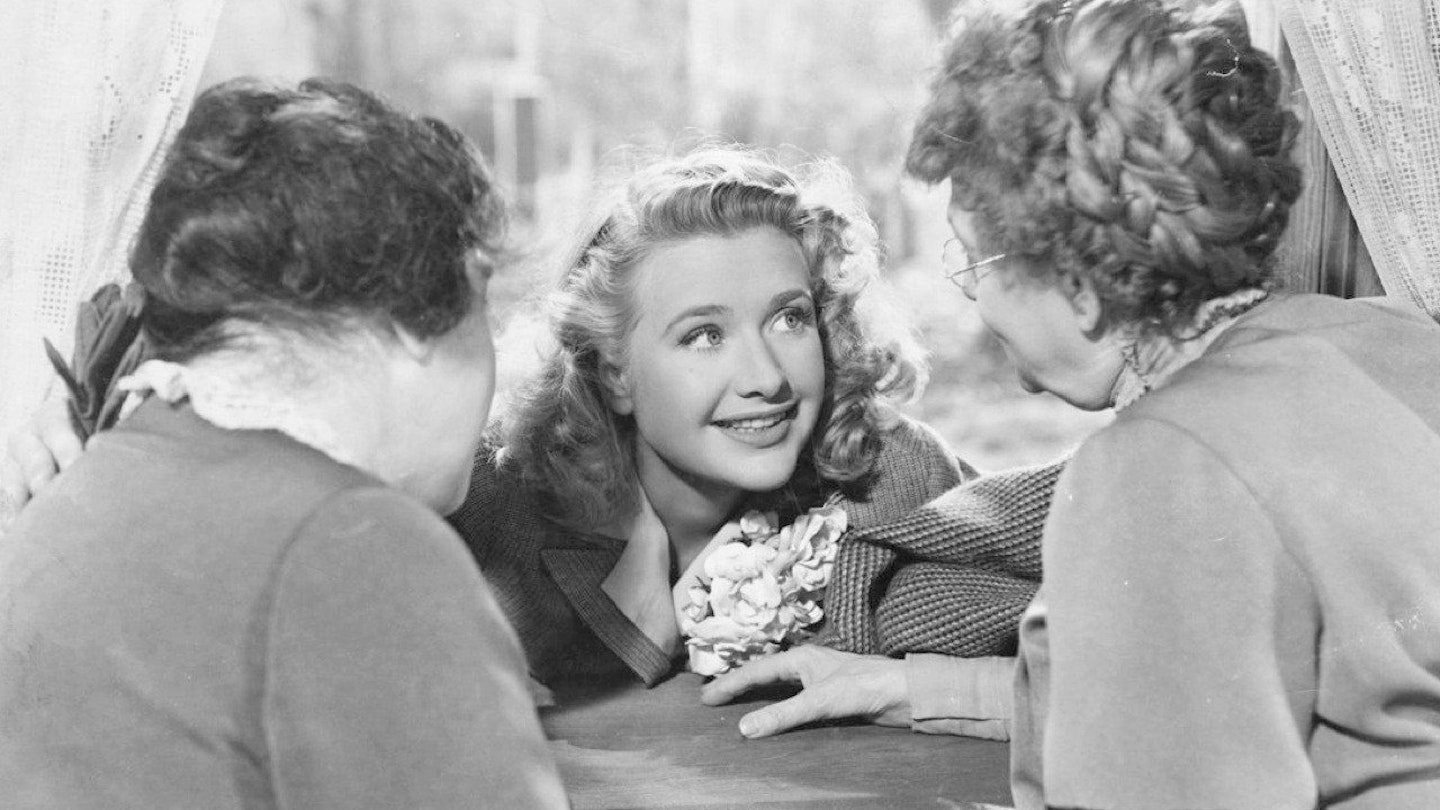It's often said that this frantic black comedy (which continues to divide critics) is wholly out of keeping with Frank Capra's canon of cornball feel-good. But it should not be forgotten that he started out in movies as a gag writer for slapstick kings Hal Roach and Mack Sennett and that two of his three Oscars for Best Direction were awarded for the screwball comedy It Happened One Night (1934) and that irresistibly manic muddle, You Can't Take It With You (1938).
So, it was hardly surprising that Capra should have rushed backstage after seeing Joseph Kesselring's macabrely comic Broadway hit in the hope of securing the rights. When he discovered that Warners had beaten him to it, Capra offered to make the picture on a reckless schedule with a shoestring budget of $400,000 (a quarter of which went on Cary Grant's salary). Consequently compelled to operate on just a couple of sets, Capra instructed the cast to put everything into their performances both to sustain the story's cockeyed momentum and disguise the production's poverty. What resulted was a farce of deliciously dubious taste and an example of ensemble scenery-gnawing that has yet to be surpassed.
Josephine Hull and Jean Adair are delighfully dotty as the lethal landladies, while Peter Lorre and Raymond Massey (in a role originated by Boris Karloff) exude menace as their unwanted guests. John Alexander hurls himself into his hilarious depiction of the deluded brother whose conviction that he is President Theodore Roosevelt enables him to rationalises his sisters' murderous mercifulness. But it's Cary Grant who steals the show, as his double takes, deliberate delivery and pantomimic commotions allow just a whisper of sanity to seep into this gloriously eccentric scenario.
Although completed in 1941, the film had to be withheld for three years until the play finally ended its New York run.
